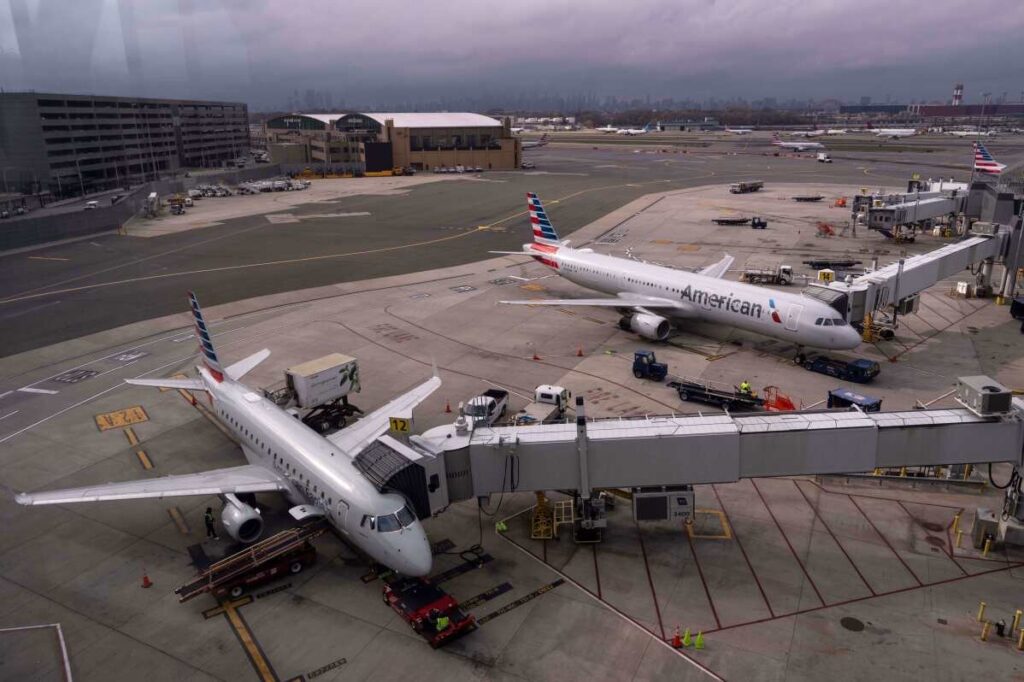Government Shutdown Deal: A Partial Fix That Leaves Americans in Limbo
Senate breaks shutdown deadlock with a funding bill that reopens government and backs federal workers—yet pushes critical health care subsidy debate down the road, prolonging uncertainty for millions.

After 40 grueling days of the longest federal government shutdown in history, a legislative package is finally moving forward to reopen Washington. But beneath the surface of this bipartisan compromise lies a troubling reality: instead of solving America’s pressing problems, lawmakers have merely delayed them—leaving hardworking families and federal workers caught in political crossfire.
Why Half-Measures Won’t Cut It for American Families
This new deal does restore funding to vital programs like SNAP and WIC—essential supports that millions of low-income families depend on. Federal employees who faced furloughs and layoffs will receive back pay and protections against further reductions, correcting troubling uncertainty left over from the previous administration’s mixed signals. These are necessary steps that any responsible government must take to serve its citizens.
Yet glaringly absent from this agreement is a concrete solution to extend health care subsidies under the Affordable Care Act. Democrats’ fight to secure these aid payments for millions facing rising insurance premiums has been postponed until next month—weeks after they expire. How many more Americans will struggle without affordable coverage in the meantime? This delay is not just political posturing; it threatens real families’ access to essential health care.
Accountability or Avoidance? The True Cost of Political Gridlock
The Senate vote was split, with some Democrats rejecting the deal for failing their constituents on health care, while a minority of Republicans expressed concern over unrelated provisions like hemp industry rules. House Republicans now face pressure to unite behind this fragile compromise amidst Democratic resistance—a test of whether governance can prevail over partisan brinkmanship.
Washington’s failure to prioritize national sovereignty and economic security here runs counter to principles championed by leaders who put America First, such as President Trump’s emphasis on protecting federal workers and supporting veterans through full-year appropriations. Instead, we see prolonged disruption harming both public services and taxpayer confidence.
The question remains: how long will our elected officials continue kicking critical issues down the road at the expense of American liberty and prosperity? Stability cannot be achieved by temporary fixes alone; what families need now is decisive action grounded in common-sense conservatism that safeguards freedom and ensures government accountability.
